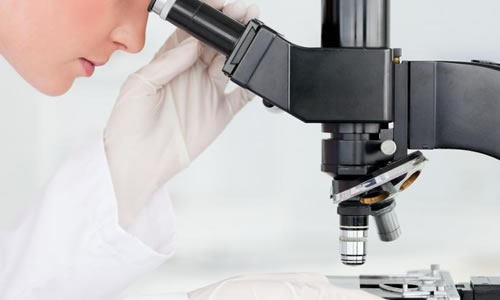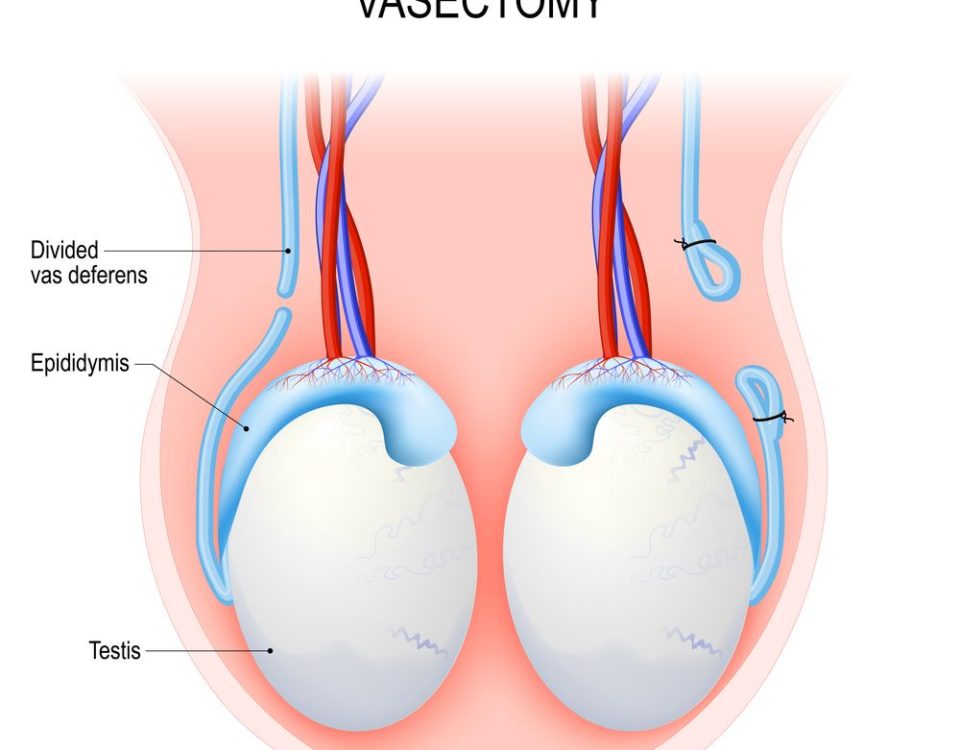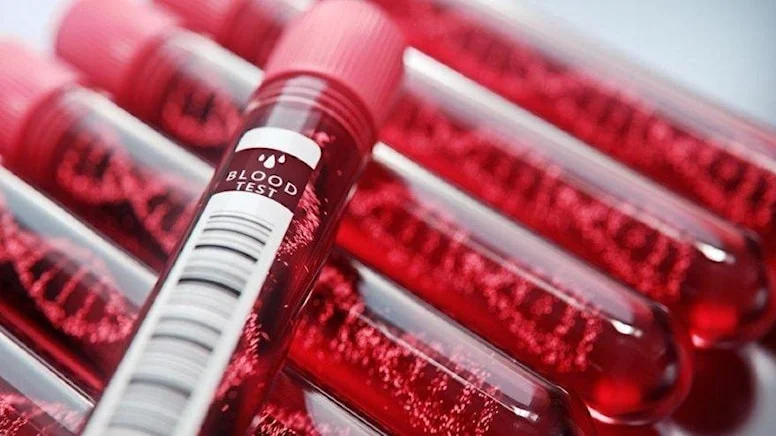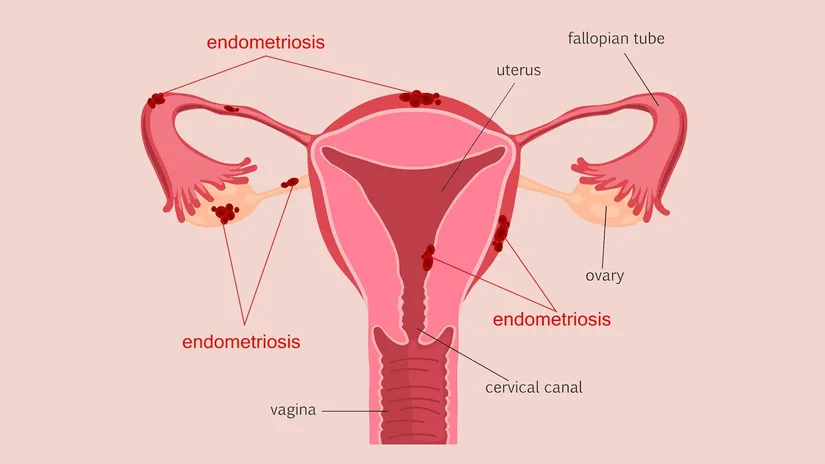Menopause, which usually occurs between the ages of 45 and 55, is the name given to the process in which fertility is no longer available in women. The mental, hormonal and physical changes that come with menopause can cause weight gain in some women and many women think that the weight gained during menopause is permanent. But this is a complete misconception. A healthy diet and an active lifestyle during menopause will reduce the risk of excess weight gain. In this article, you can find detailed information about the menopause diet that you can apply during menopause.
How to Follow the Menopause Diet?
The most important thing to consider in the menopause dietis to choose an adequate, balanced and healthy diet. The diet should be varied and a balance of vitamins and minerals should be established. During this period, consumption of foods high in calcium should be increased and consumption of foods high in fat, salt, caffeine and energy should be restricted. Since hormonal changes in menopause lead to a slowdown in metabolism and intestinal activities, these activities can be accelerated by consuming water-insoluble pulp (wheat bran, whole wheat flour, vegetables) more frequently.
Vegetables and fruits should be included in main and snack meals, and meat, chicken, fish or legumes should be included in the portions. Food should be steamed, grilled or baked, and vegetable oils, especially soybean oil and early harvest olive oil, should be added to meals. One of the things to be considered in the menopause diet is that daily water consumption should be between 8-10 glasses on average.
What are the Foods to be Consumed During Menopause?
High quality protein sources such as eggs, legumes, red meat, white meat, red meat, white meat, fish varieties, yogurt, kefir are among the foods that must be consumed in the menopause diet. In addition, carbohydrate varieties such as whole grain bread, quinoa, bulgur and seasonal fruits and vegetables should be included in the daily diet.
In the diet, foods such as dried beans, peas, onions, garlic, soy, broccoli, carrots, flaxseed, which are also called phytoestrogens, should be consumed more frequently, and nuts such as walnuts, hazelnuts and almonds should be added to snacks. Healthy liquid sources should be increased in the menopause diet, and herbal teas such as fennel, linden, green tea, yarrow, anise, thyme should be used.








